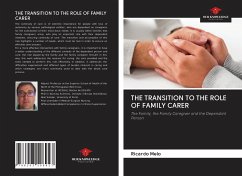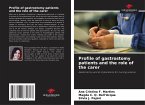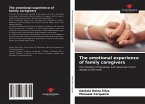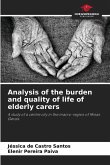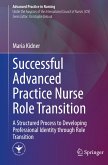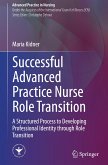The continuity of care is of extreme importance for people with loss of autonomy by various pathological entities, who are dependent on caregivers for the satisfaction of their most basic needs. It is usually within families that family caregivers arise, who play an important role with their dependent relatives, ensuring continuity of care. The transition and assumption of this role highlights a number of needs, which must be met in order to ensure an effective care process.For a more effective intervention with family caregivers, it is important to have a better understanding of the different contexts of the dependent person and care, the role played by the family and the family caregiver himself. In this way, this work addresses the reasons for caring, the care provided and the skills needed to perform this role effectively. In addition, it addresses the difficulties experienced and different types of burden inherent in caring and which strategies are most commonly used to deal with the whole care process.
Hinweis: Dieser Artikel kann nur an eine deutsche Lieferadresse ausgeliefert werden.
Hinweis: Dieser Artikel kann nur an eine deutsche Lieferadresse ausgeliefert werden.

